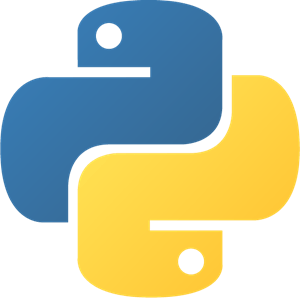Bachelor’s degree in information technology, Mathematics, Physics, or similar field, and/or equivalent professional experience (mandatory).
Minimum of 6 years’ experience in data science with Python and SQL in a professional environment (mandatory), minimum 8 years’ experience (desired).
Object-Oriented Programming: Strong skills in object-oriented programming, enabling the creation of modular, reusable, and maintainable code that adheres to modern programming paradigms (mandatory).
Experience with automated Python testing, e.g., unit-test, pytest (mandatory).
Proficient knowledge of and experience with the following Python libraries: NumPy, Pandas (mandatory).
Experience with the use of the Git version control systems (mandatory)
Experience in financial data modelling, financial risk concepts, financial derivatives, and risk management techniques (desired).
Proficient knowledge of and experience with the following Python libraries: Seaborn, Scipy, I Statsmodels, Scikit-learn, PyTorch, Plotly, Dash, Matplotlib and Streamlit (desired).
Good understanding of and experience with: XML, JSON, YAML (desired).
Experience with continuous integration and continues delivery pipelines, e.g., Jenkins (desired).
Experience with Enterprise Data Warehouse development (desired)
Experience with specialized reporting solutions such as, e.g., Tableau, PowerBI (desired).
Good understanding of a cloud-based microservice architecture (desired).
Experience with documentation of business requirements and with technical writing (desired).
Experience with agile methodologies, e.g., Scrum (desired).
Experience with AI-assisted programming tools, e.g., Github CoPilot, ChatGPT (desired).
Experience with MS Excel (desired).
English Level B2
Working model will be hybrid



